What is the difference between white label and private label products? If you’re wondering whether or not you should create your own product from scratch, you’ll need to learn more about private-label and white-label models. What kind of labeling will fit your goals better? To answer these questions, we will figure out their characteristics so that we can decide which one is right for us.
Find out more: Private label wipes manufacturer – “Make your own wet wipes” solution
1. What is private labeling?
To understand the difference between white label and private label, you must first understand the concept of private labeling. A manufacturer creates a product under its own label, with no intention of selling it to other outlets. A private-label agreement is set up with the manufacturing company under which a retailer specifies what kind of product they need and which components they should include.
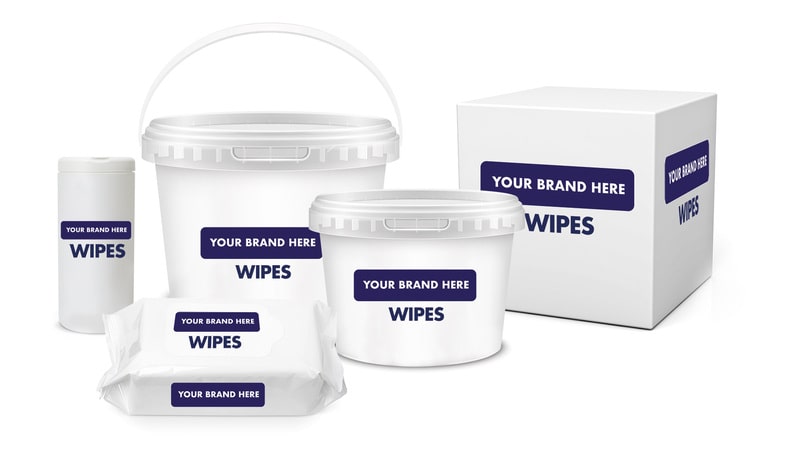
Besides this, a private-label product is designed and branded by the retailer. The manufacturer focuses on meeting those requirements and making a product that cannot be sold to anyone else except to the retailer who ordered it. For example, if you want to produce scented candles under your own label, you can specify color, shape, size and scent of the candle; then the producer will create an exclusive one according to these specifications.
Learn more: Private label wet wipes
2. What are private label brands?
Private label brands are brands that sell products made by other companies. For example, a company is developing its own wet wipes brand and has a custom formula. In that case, the company could send this to a private label wipes manufacturer and instruct them to manufacture it.
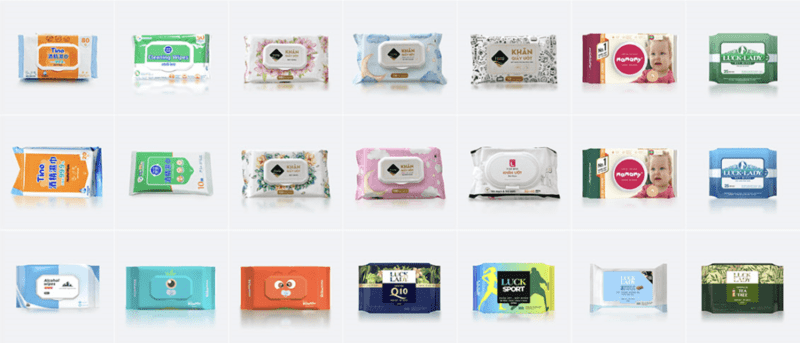
3. Benefits of private label products
The benefits of selling private label products can be attributed to the difference between white label and private label. Below, we’ll take a look at some of the core benefits associated with selling private label products:
- Freedom to choose design and specifications
- More opportunities for you to build your own brand.
- Having control over materials, which allows for cost-consciousness
- Benefit from your own product research to make purchasing decisions.
- Respond to customer needs and preferences effectively
- Develop long-term relationships with specialist manufacturers who are committed to building high-quality products for your brand.
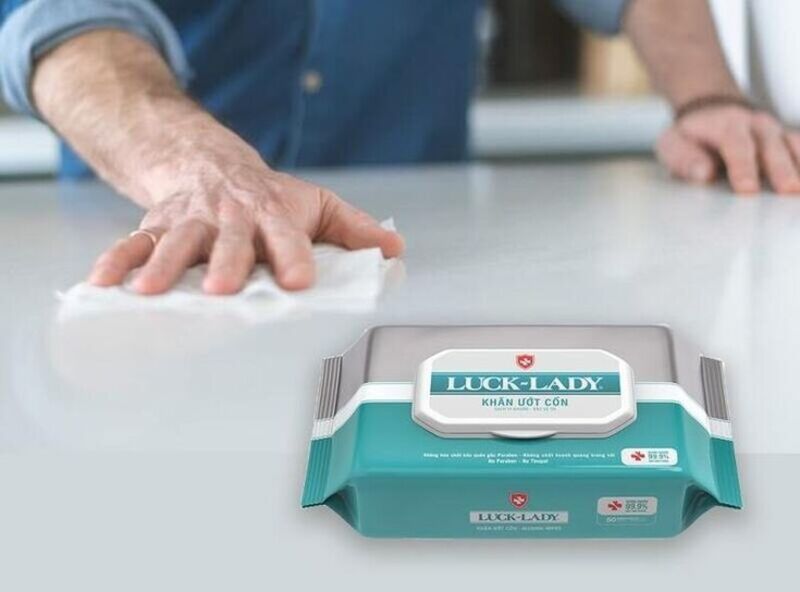
Related: Wet wipes manufacturing cost | Price of each machine
4. What is white labeling?
When you buy a ready-made product, you can brand it with your own logo and name. This practice is called “reselling” because the producer of the product has total control over its specifications and other details. As a retailer, you cannot change these aspects of the product.
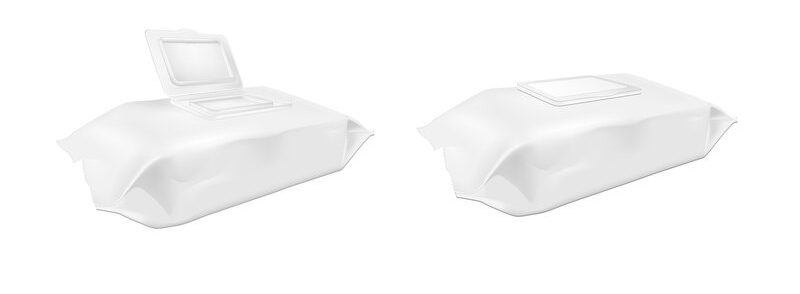
White-labeling is a way of selling a generic product to multiple retailers, which means that the same product will be sold by different sellers. White-labeling was originally used to sell physical goods but has also become popular for digital tech applications.
Learn more: White label wet wipes
5. What is white label brands?
The white label brand business model enables manufacturers to produce an unbranded offering and sign agreements with other resellers to sell it under their own brand name.
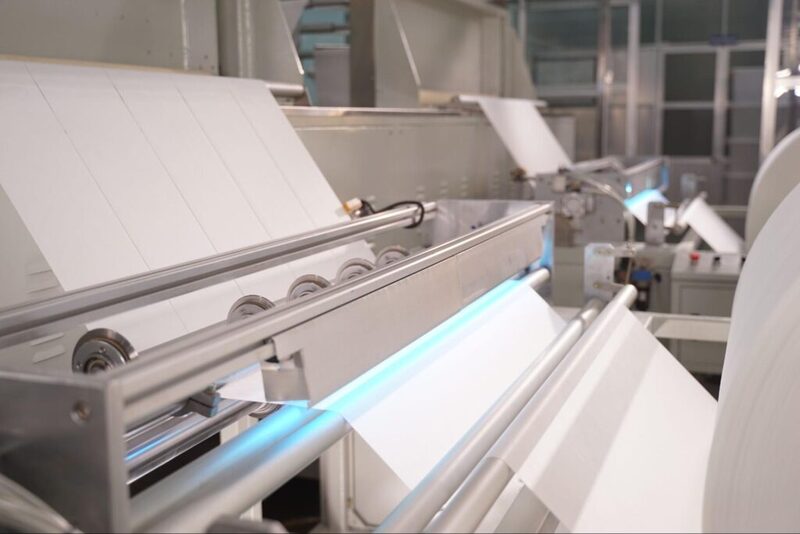
6. Benefits of white label products
The difference between white label and private label products lies in several benefits, including the following:
- Manufacturers can save money by not incorporating custom requests.
- Easy and convenient to purchase products – no need to design your own products
- You set your own markup on generic products, which allows you to make the most of your margin.
- Benefit from your own branding by using your company logo on the product.
- Tap into the expertise of manufacturers with extensive experience in the industry
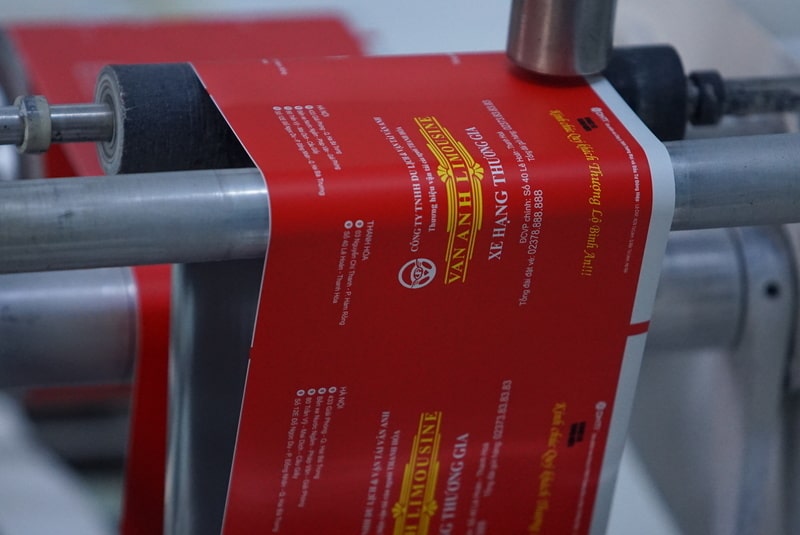
Learn more:
- The production of wet wipes: 6 steps Complete Wet Wipes of DHTI
- The Ultimate Guide to Wet Wipe Contract Manufacturing – DHTI
7. Examples of private label vs white label
The following are examples of white label products, private label products and white label in the wet wipes manufacturing sector:
- Private label wet wipes: You may want to develop a line of baby wet wipes and have researched the ingredient list as well as completed the design. In such a case, you can send a production request to the wet wipes factory, who will act as a third party, manufacturing products according to your formulas and requirements.
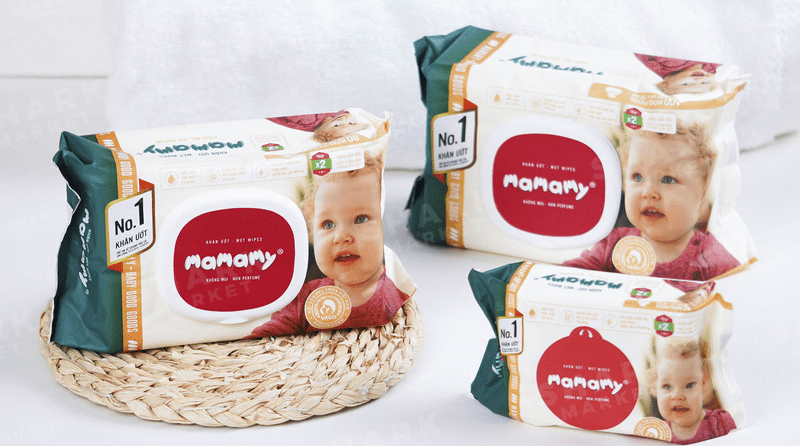
- White label wet wipes: The most popular white-label product line in wet wipes production is restaurant wet wipes. You can buy bulk white label products from a wet wipes manufacturer and print your company logo and name on it. You can also order a wipes manufacturer to print your logo on all products coming from its exclusive white-label brand.
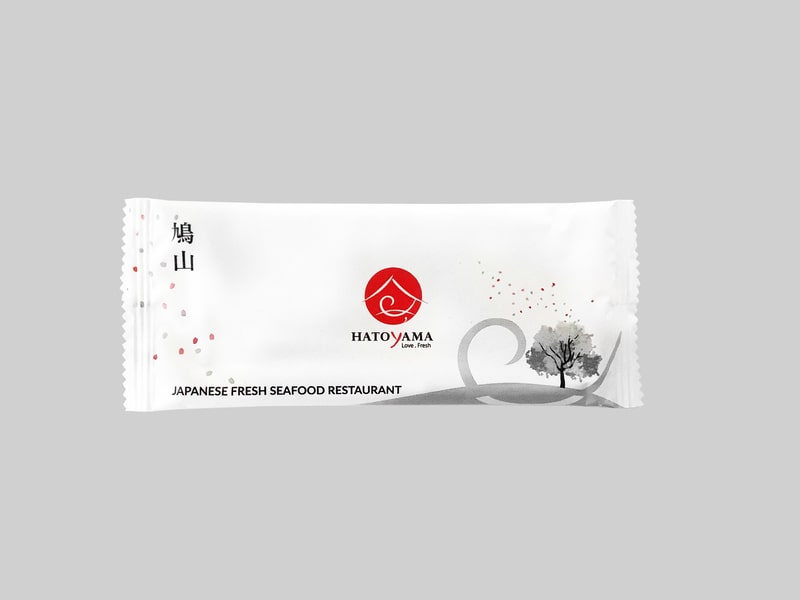
If you need to produce wet wipes , you might want to refer to DHTI’s website at the following link.
8. The difference between white label and private label
The difference between white label and private label is that a private-brand product is original and is being sold to one retailer only, while white-labeling allows designers to customize the style of their creations, e.g., attaching your company’s logo and branding.
Modification:
When you use a private-label service, you have more control over the creation process than when you use a white-labeling service. A retailer specifies all the requirements before a manufacturer makes an item. In the case of white-labeling, you do not interfere with the creation process and get the final product that can’t be customized. However, it can be rebranded according to your preferences. So, you can’t change the product itself but package it as your brand.

Uniqueness:
Private-label products are sold under the brand name of a manufacturer, and you get to set your own price for it. White-label refers to general products that undergo rebranding – what you get from the manufacturer is not unique in terms of its specifications, but you can always have it in a different style.
Prices:
The ability to customize private-label products raises their cost, but it is a good choice for making your brand identity unique. White-label products are more affordable for both retailers and consumers, but also less customizable.
Marketing:
For a brand to sell its products in white label form, it will need to think more carefully about the marketing strategy it uses. This is because white label products could well be sold to multiple retailers, meaning this type of model does not help the retailer gain a marketing edge. In other words, it will not stand out from the crowd of similar offers and will require more creativity to sell.
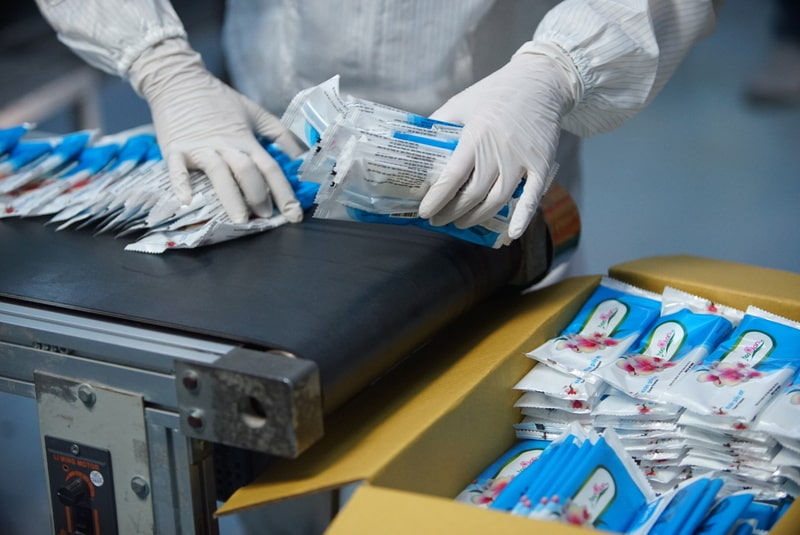
Return on investment:
Exclusive products sold under private labels tend to be more expensive and require more investment. However, if you are looking for a low-cost solution, you might want to consider a generic white label product. In the long run, their ROI indicators can be higher than white-label solutions because of lower competition and additional value from exclusive features.
Licenses:
Retailers that use private labeling solutions often reach the market faster because they may already have all the licenses needed or a legal right to conduct certain activities. In contrast, retailers who choose white-labeling may take longer to reach the market as they will need to follow required legal processes and obtain licenses before selling unique products.
See more:
- ODM wet wipes | Vietnam’s leading wet wipes outsourcing company
- OEM wet wipes method – All things wholesalers need to know
9. Private label vs White label: Which is the best choice for business?
So, now that you understand the difference between white label and private label, you should determine which option is most suitable for your business.
If your goal is to source products quickly and sell them to customers, then a white label business model is the most affordable and time-efficient option. You can easily browse thousands of white label products online and find a supplier that meets your budget constraints and timelines. You can also incorporate your own logos and packaging to make your products appear unique.
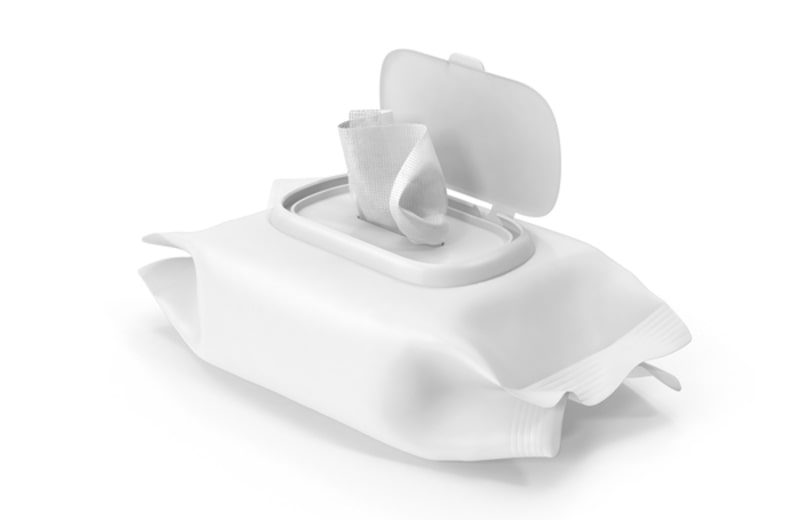
If you want to build a unique and easily-identifiable brand, it’s best to work with a private label producer. These producers can use your design preferences to create a one-of-a-kind product for your business. If you have the money to invest in unique products, it’s hard to see why you wouldn’t use a private label business model.

When a customer discovers that a product is a white label model, they may feel betrayed. If they can buy your product from another retailer or directly from the producer at a lower price, you’re unlikely to receive any repeat business without a successful loyalty program. This can cause reputational damage to your enterprise.
After reading this article, you may have learned about the difference between white label and private label products. You should now be able to make the right decision for your business. If you have a particular idea in mind and are ready to invest more time and money in the first stage, you should request a product under the private-label program and sell a unique solution expecting a high return on investment in due course.
Discover more useful information about wet wipes manufacturing:




